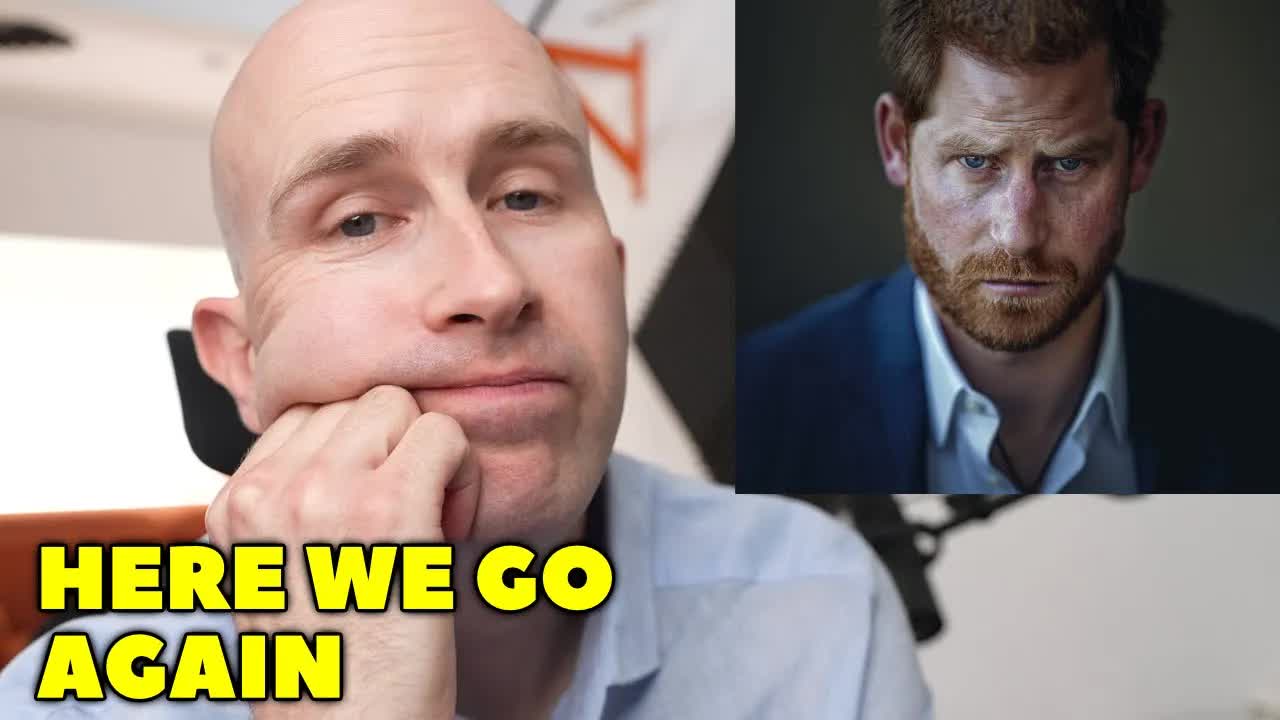In the ever-evolving narrative surrounding Prince Harry, recent headlines suggest he has achieved a significant victory in the Court of Appeal.
However, the reality is far more nuanced than these reports imply.
While it is true that he has been granted the opportunity to challenge a ruling regarding police protection in the UK, the specifics reveal a much tighter margin for success than many might expect.
The buzz around this legal development has prompted many to speculate about its implications, but a closer look at the judgment offers a different perspective.
The official court publication outlines the order but lacks the details of the application and its grounds, which seem to differ from those initially presented.
This latest move appears to be a request for a second chance to appeal, rather than a sweeping endorsement of his case.
From my interpretation of the judge’s wording, there’s a palpable hesitance in granting this permission.
Although the judge acknowledged the validity of the grounds for appeal, the phrasing suggests an underlying reluctance.
The statement indicates that while the appeal has merit, the judge is not entirely convinced of its strength.
This cautious approach is telling, especially when considering how judges typically express themselves in such matters.
One notable aspect of the ruling is the judge’s assessment that the appeal on the first ground could have a “real prospect of success.”
But what does that really mean?
Essentially, it implies that there is a legitimate argument to be made—one that isn’t frivolous or without merit.
Yet, it does not necessarily guarantee that the appeal will succeed.
It’s more of a nod that the argument is worth exploring.
Amidst the swirl of sensational headlines, it’s crucial to recognize the fine print.
Yes, Harry has technically secured permission to appeal, but this is not the sweeping victory many are portraying it to be.
The nuances of the judgment suggest that while there is a path forward, it is fraught with uncertainty and limitations.
At the heart of this legal tussle lies a debate over security arrangements during Harry’s visits to the UK.
The crux of the issue revolves around the difference between standard police protection, which typically includes armed officers round-the-clock, and a tailored security plan that adapts to the specific circumstances of his visit.
These distinctions are vital and have been discussed in previous analyses.
It’s important to note that Harry’s legal team has sought to expedite the case.
Interestingly, their request was not based on his royal status, but rather on the duration of time since the initial filing and upcoming commitments they have starting October 24.
This rationale raises eyebrows, as it seems to suggest a desire for urgency without invoking his title.
However, the judges were not swayed by this plea for speed.
They made it clear that all cases will be treated equally and will be heard in due course.
This response emphasizes that the judicial process remains impartial, regardless of the parties involved.
As we dissect this situation, it becomes apparent that the permission granted is indeed narrow.
While the potential for an appeal exists, the broader implications remain uncertain.
My personal prediction leans toward skepticism regarding the likelihood of a successful appeal, but time will tell how this unfolds in the courtroom.
As this story continues to develop, it will be fascinating to see how both the public and the media respond to each new twist.
Harry’s journey through the legal system is not just a personal battle; it reflects a larger conversation about security, privacy, and the role of public figures in today’s society.
For those interested in diving deeper into this topic, additional insights can be found in a more comprehensive video on Black Belt Barrister.
The complexities of this case warrant further exploration, and I encourage readers to engage with the material for a fuller understanding.
Stay tuned as we keep a close eye on this unfolding story.
The legal landscape is always shifting, and with it, the narratives surrounding high-profile figures like Prince Harry will continue to captivate public interest.










